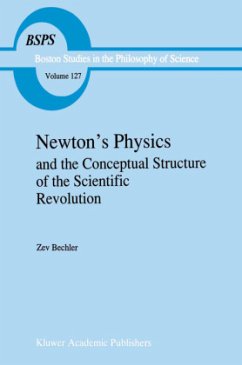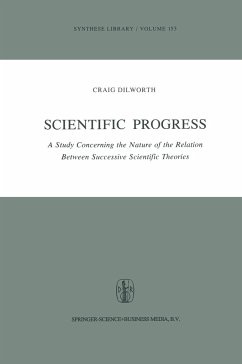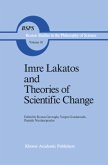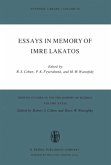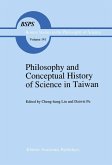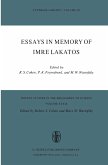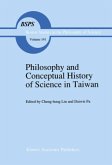Three events, which happened all within the same week some ten years ago, set me on the track which the book describes. The first was a reading of Emile Meyerson works in the course of a prolonged research on Einstein's relativity theory, which sent me back to Meyerson's Ident ity and Reality, where I read and reread the striking chapter on "Ir rationality". In my earlier researches into the origins of French Conven tionalism I came to know similar views, all apparently deriving from Emile Boutroux's doctoral thesis of 1874 De fa contingence des lois de la nature and his notes of the 1892-3 course he taught at the Sorbonne De ['idee de fa loi naturelle dans la science et la philosophie contempo raines. But never before was the full effect of the argument so suddenly clear as when I read Meyerson. On the same week I read, by sheer accident, Ernest Moody's two parts paper in the JHIof 1951, "Galileo and Avempace". Put near Meyerson's thesis, what Moody argued was a striking confirmation: it was the sheer irrationality of the Platonic tradition, leading from A vem pace to Galileo, which was the working conceptual force behind the notion of a non-appearing nature, active all the time but always sub merged, as it is embodied in the concept of void and motion in it.
Hinweis: Dieser Artikel kann nur an eine deutsche Lieferadresse ausgeliefert werden.
Hinweis: Dieser Artikel kann nur an eine deutsche Lieferadresse ausgeliefert werden.
